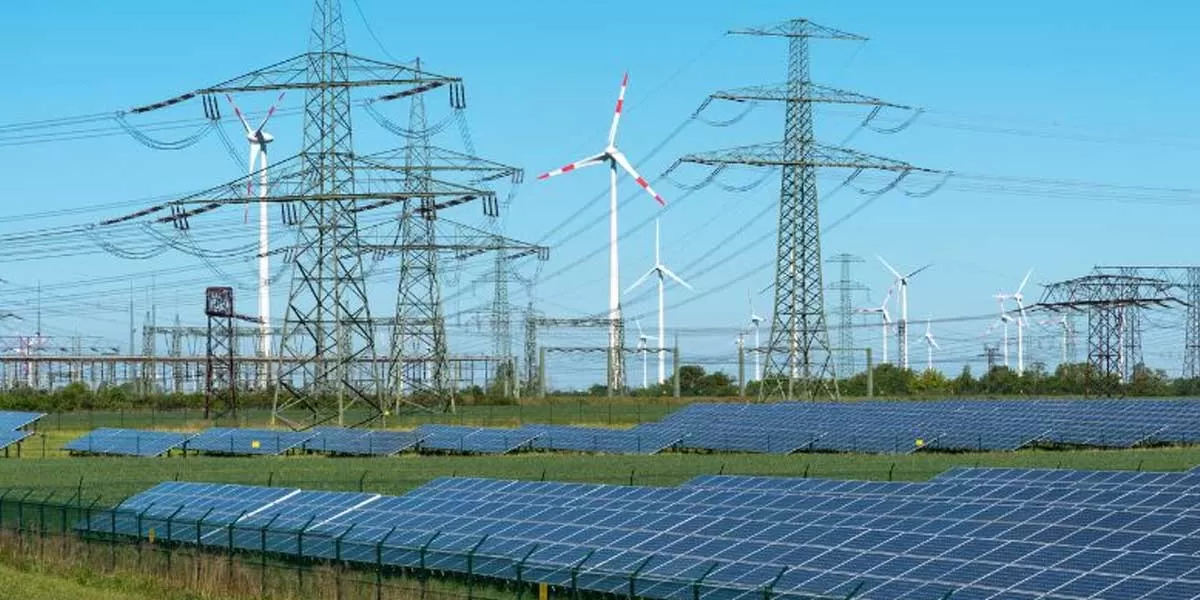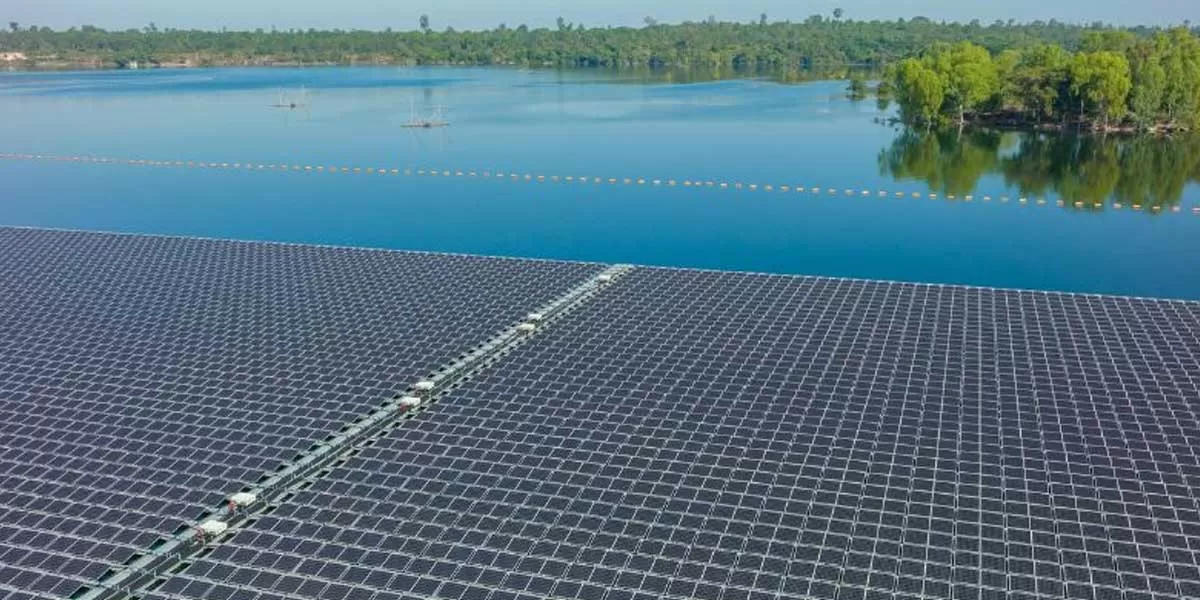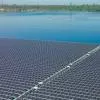
Ministry of Power eliminates penalties for RE power delays
Redefine the future of urban mobility! Join us at the Metro Rail Conference 2025 to explore groundbreaking ideas and insights. 👉 Register today!

Oil Prices Hover Near 4-Month Highs
Oil prices eased but remained near four-month highs as the impact of fresh U.S. sanctions on Russian oil remained the market's main focus, ahead of U.S. inflation data this week. Brent futures slipped 53 cents, or 0.7%, to $80.48 a barrel by 0746 GMT, while U.S. West Texas Intermediate (WTI) crude fell 44 cents, or 0.6% to $78.38 a barrel. Prices jumped 2% on Monday after the U.S. Treasury Department imposed sanctions on Gazprom Neft and Surgutneftegas as well as 183 vessels that trade oil as part of Russia's so-called "shadow fleet" of tankers. "Headlines surrounding Russia oil sanctions ha..

Brightnight Commissions 115 MW Hybrid Renewable Projects
BrightNight, a global renewable energy producer, has commissioned the first phase of its 115 MW hybrid renewable power project, Optima Maharashtra, in Dharashiv, southern Maharashtra. This is one of the state’s first co-located wind-solar projects and marks BrightNight’s initial energy delivery to India’s power grid, advancing the country’s mission to decarbonize its energy sector. Spanning approximately 14,000 acres, the project integrates advanced wind and solar technologies supported by BrightNight’s proprietary AI-enabled PowerAlpha® platform. The facility will generate dispatc..

Lucknow Development Body Razes Illegal Construction on Nazul Land
Amid protests by the residents, over 30 illegal encroachments were razed by the Lucknow Development Authority (LDA) near Balu Adda on Butler road, located in front of Dhenumati Apartment. LDA officials said the encroachers failed to comply despite repeated warnings to vacate the area. Subsequently, LDA vice-chairman Prathamesh Kumar instructed the LDA team to carry out a drive to remove the encroachments. The LDA team under the command of nazul officer Sanjay Singh demolished about 24 illegal structures during the operation. Encroachers were given three days to vacate the area, failing which..















